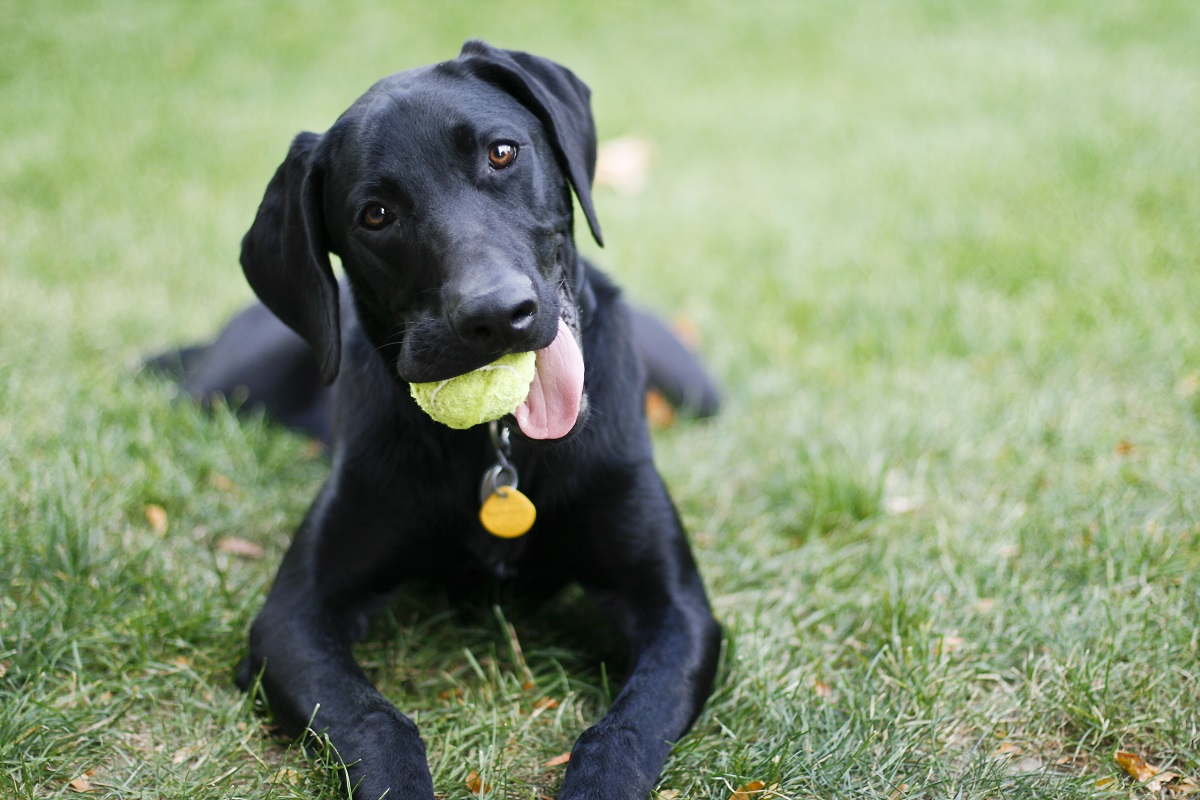The potential for animals to reinfect humans with new viral variants of Covid-19 has been documented in new research.
The research, conducted by the Proceedings of the National Academy of Sciences of the United States of America (PNAS), illustrates the potential for “spillback” from animal hosts to humans.
Given that humans move globally and regularly come into contact with domestic and peri domestic animals there is an incidental risk of exposure to potentially susceptible nonhuman species.
The ability for “reverse zoonosis” was demonstrated with the transmission of Covid-19 from humans to mink, followed by a selection of mink and zoonotic transmissions back to humans.
“Given that reverse zoonosis has been reported repeatedly in dogs and cats from households where COVID-19 patients reside, and the fact that up to 50 per cent of households worldwide are inhabited by these companion animals, there is potential for similar transmission chains to arise via humans and their pets.”
With the virus likely originating from a viral spillover into humans from an animal reservoir, the potential for humans to reinfect animals is plausible.
Previous research has shown high levels of seroconversion in cats, dogs, and free-ranging deer, illustrating that cross-species transmission chains are readily achieved.
“The repeated interspecies transmission of a virus presents the potential for the acceleration of viral evolution and a possible source of novel strain emergence.”
The research said that understanding the viral selection and species-specific adaption of Covid-19 in companion animals is of high interest.
“Documenting viral evolution following the spillover of SARS-COV-2 into new species is difficult given the unpredictability of timing of these events; therefore, experimental studies can greatly aid the understanding of SARS-CoV-2 evolution in animal species.”

